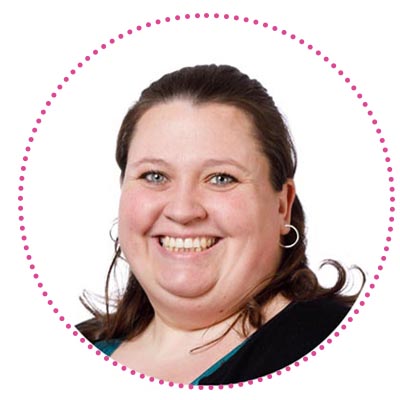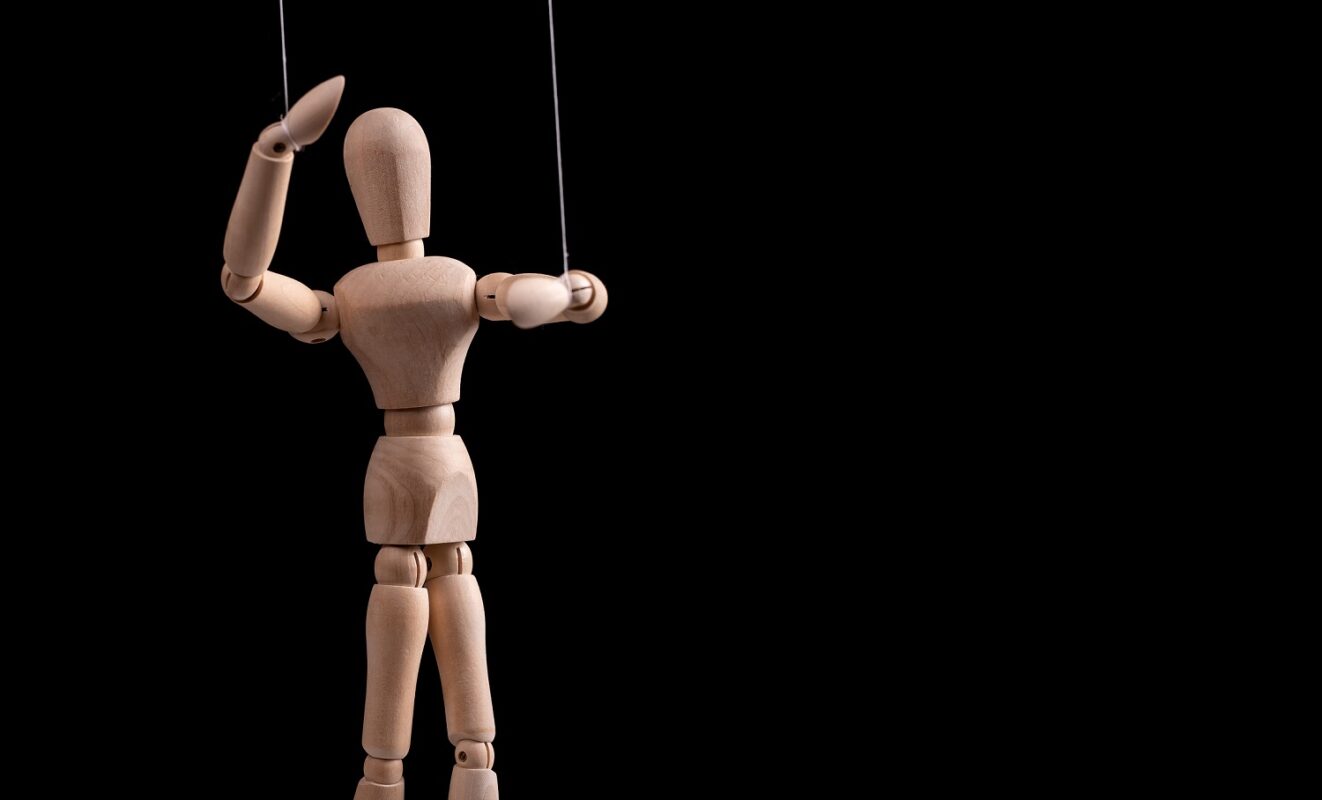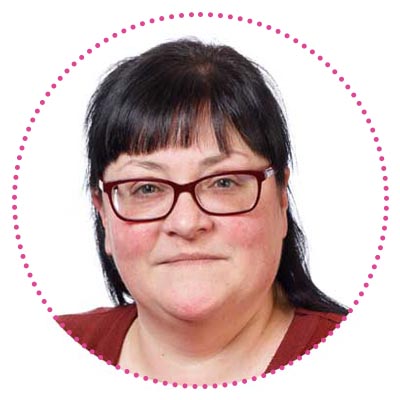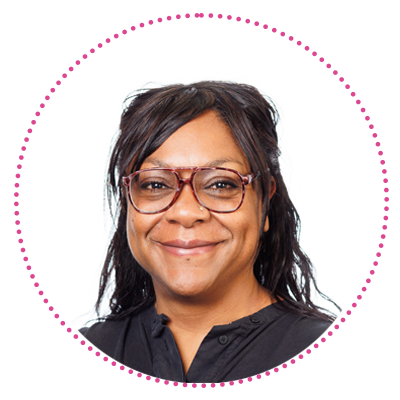Safeguarding
Coercive Control in Teen Relationships
When can love’s young dream become a nightmare? Preparing children for positive personal relationships and keeping themselves safe.
Teenage years are full of many firsts… first house key, first kiss, first car…. It is a time of self-discovery, pushing boundaries and exploring self-identity.
Many children will be discovering romantic relationships and exploring their sexuality for the first time and romantic peer relationships will develop.
This is perfectly natural and straightforward, but what is already a tumultuous time is further challenged by peer-pressure, exposure to social media and hormones.
This can make navigating a relationship in your teens a bit of a minefield so, what happens when these romantic relationships are more damaging than positive, more toxic than supportive or more dangerous than loving?
What example does the world set for children?
Through teaching PSHE and RSE in schools we aim to provide children with the skills needed to initiate and maintain healthy and positive relationships.
This is, however, impacted by many young people not having experience of healthy relationships in their own lives and so they do not know what ‘normal’ behaviour is within a relationship.
Additionally, social media representation of the ‘perfect’ relationship is at best unrealistic and at worst harmful.
Popular reality TV shows such as Love Island and Love At First Sight write a narrative that suggests love is an immediate and uncomplicated emotion, when the reality is that we know that this ‘rose-tinted’ view is not realistic of real relationships.
These misrepresentations can give our children a skewed view of what to expect and can allow them to be caught up in dysfunctional relationships.
When discussing teen relationships, it is important to remember that for the vast majority it is a time of learning and development, with the occasional heart break that is quickly resolved and leaves no lasting scars other than cringeworthy memories or smiles about a first love.
However, dangerous and toxic relationships are becoming more prevalent in our society and therefore we MUST teach our children how to recognise unacceptable behaviour and how to cope when things don’t feel safe.
Coercive Control
Coercive control refers to a pattern of controlling behaviours that create an unequal power dynamic in a relationship.
These behaviours give the perpetrator power over their partner, making it difficult for them to leave.
Toxic and coercive relationships may start out like a dream, a young couple fall head over heels in love, become inseparable and for all to see they are the ‘perfect couple’.
There may be gifts and flattery, one partner may be charming and attentive and be seen to ‘lovebomb’ their partner. From outside this may seem sweet and both partners may seem happy with the situation, but this may not last for long and can result in one partner demonstrating power and control over the other, dictating what they can and can’t do, who they can and can’t see.
They may use emotional blackmail to ‘gaslight’ their partner’ to force them to doubt themselves. It can quickly turn into a very unhealthy, unequal relationship.
It’s time to make a change
In 2018, there were just over 9000 offences of coercive control reported by the police and this rose to over almost 24,000 in 2020 (Office of National Statistics- 2020).
This increase reflects the seriousness of the problem and highlights an urgency in our responses to teach children how to recognise when they might be in an unhealthy relationship.
If high-quality PSHE and RSE aren’t taught in school, children can be left vulnerable to engaging in dangerous relationships.
The charity Women’s Aid campaigned for coercive control to become a criminal offence as although it does not always involve physical violence, it creates the same sense of fear, isolation and can be likened to being trapped or held hostage in the world created by the abuser. (Evan Stark, referenced by Women’s Aid online)
What are the indicators of coercive control?
These behaviours may include, but are not limited to:
- Excessive jealousy
- Phone checking and monitoring whereabouts
- Obsessive calling, texting, emailing and demanding constant contact or attention
- Isolating a partner from friends or family
- Getting upset or applying guilt when the partner spends time with other people
- ‘Gaslighting’- manipulating a partner to doubt their own sanity
- Controlling their partner’s clothes, movements, friends etc.
- Insults, belittling and nasty comments- often regarding appearance and their desirability to others
- Threats of violence, leaving or harming themselves as a result of the innocent partner’s actions
- Making one partner feel scared, nervous or like they are ‘walking on eggshells’ all the time
- Intentional humiliation and embarrassment- often in front of others
It is important to remember that coercive and controlling relationships do not only happen in the context of romantic relationships and many of these same inappropriate and dangerous behaviours can be related to friendships or other acquaintances where one partner holds considerable power over the other.
In some contexts, this can be related to gang culture, drug use or distribution and criminal or sexual exploitation.
Staff need to be aware of the signs of these also, e.g. relationships spanning a range of year groups – where older children may seek out younger children or children deliberately seek out more vulnerable peers in order to exploit them.
So, how can we tackle this directly with children?
It is important that children are taught from the earliest ages about relationships and what they should look like.
This can be taught and modelled explicitly, but also shared through all areas of the curriculum and day-to-day school life.
This should:
- Include detailed, relevant and well-planned lessons in subject areas teaching about relationships
- Begin in the Early Years and children need to be explicitly taught how to respect one another and what makes a strong and safe relationship. This should then be built on year on year- reinforcing taught content
- Be taught through both PSHE and RSE, teaching children how to establish and maintain relationships as well as understanding what to do when things become unsafe
- Enable children to understand and value their own self-worth and know that they do not have to endure difficult or challenging relationships out of love, guilt or fear
- Offer opportunities for using case studies, working with the students themselves and reaching out to related charities and organisations staff must upskill themselves to identify where these issues are happening, take action and support all of those involved
As a school system
It would be beneficial within your setting to speak to the children and find out their experiences with coercive and controlling relationships. This will help staff to understand what support would be best suited and how this can be reflected in your curriculum to have maximum impact.
Schools could also consider:
- Having an anonymous or discreet reporting system as a way of requesting help
- Identifying dedicated members of staff who have undergone relevant training in coercion and abusive relationships
- Signposting children to charities and organisations who can give further support and guidance
- Inviting external speakers and survivors into school to work with focus groups
It is essential to remember that the ‘perpetrating’ partner, may also be a victim of abuse themselves and therefore should be supported and dealt with fairly.
Summary
Your response as a setting needs to have both proactive and reactive elements.
It should be clear where this is being taught in the curriculum and how it is linked to other subjects studied (for example- use of a particular text in English or a play studied in Drama) and there should be opportunities for more reactive action to be taken in response to specific situations.
We can’t control what happens outside our settings or the actions of our students, but we are able to provide them with the knowledge, skills and understanding needed to identify dangerous and coercive relationships and take actions to keep themselves safe.
Relevant Courses from Services For Education
About the Author
 Lucie Welch – Adviser, Services For Education
Lucie Welch – Adviser, Services For Education
Lucie Welch has worked in the field of Primary Education for the last 15 years, holding the positions of Assistant Head of School, Designated Safeguarding Lead, Attendance Lead and Designated Teacher for Looked After Children. Through working across several local authorities and within multi-academy trusts, Lucie has garnered a passion for safeguarding and supporting children and young people to enable them to thrive.
At Services For Education, Lucie is an integral part of the Safeguarding team, sharing her expertise with schools, colleges, trusts, and other educational settings across the city of Birmingham and beyond. Dedicated to improving safeguarding practices in an actionable and impactful way, Lucie works closely with settings to provide bespoke training, supports with reflection on their own practices during Safeguarding audits and always strives to contribute to a better learning environment for all children. Through delivery of statutory training for DSLs and Safer Recruitment, Lucie works with colleagues in all age ranges and is a source of expertise within these areas.
Lucie also wears other important hats within the School Support Team. Not only is she dedicated to ensuring the safety and well-being of students through her role in safeguarding, but she also plays a key part in the PSHE/RSE and Health for Life teams. Additionally, Lucie partners with the Best Practice Network to deliver the Early Career Framework, supporting new teachers in their professional development.



 Jo Perrin - Adviser, Services For Education
Jo Perrin - Adviser, Services For Education
 Marsha
Marsha 


